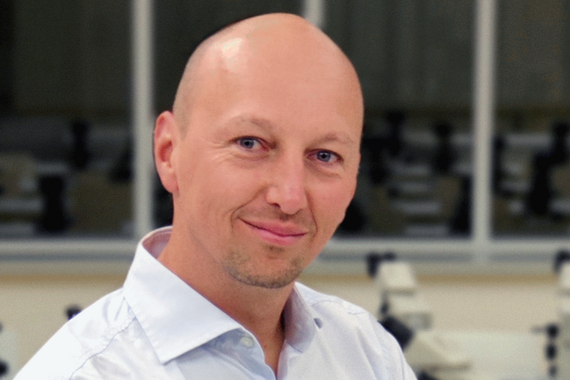Gehirnimplantat

Video aus der Reihe "Wissenswert"

PI: Rainer Schindl
Focus: Electrophysiology and bioelectronic medicine: electrophysiological characterisation of ion channels, stimulation of neurons by optoelectronic foils and 3) iontronic chemotherapy.
Network: With close collaborations within the Medical University of Graz, together with the laboratory of Klaus Groschner, Biophysics, we use optical tools to control ion channel signaling (optoelectronics and optopharmacology). With the team of Karin Kornmüller, Biophysics and Muammer Ücal, University Clinic for Neurosurgery, we analyse neuron stimulation and the implant – tissue interface by optoelectronic foils. Local chemotherapy approaches with iontronics are investigated with the lab of Silke Patz University Clinic for Neurosurgery.



